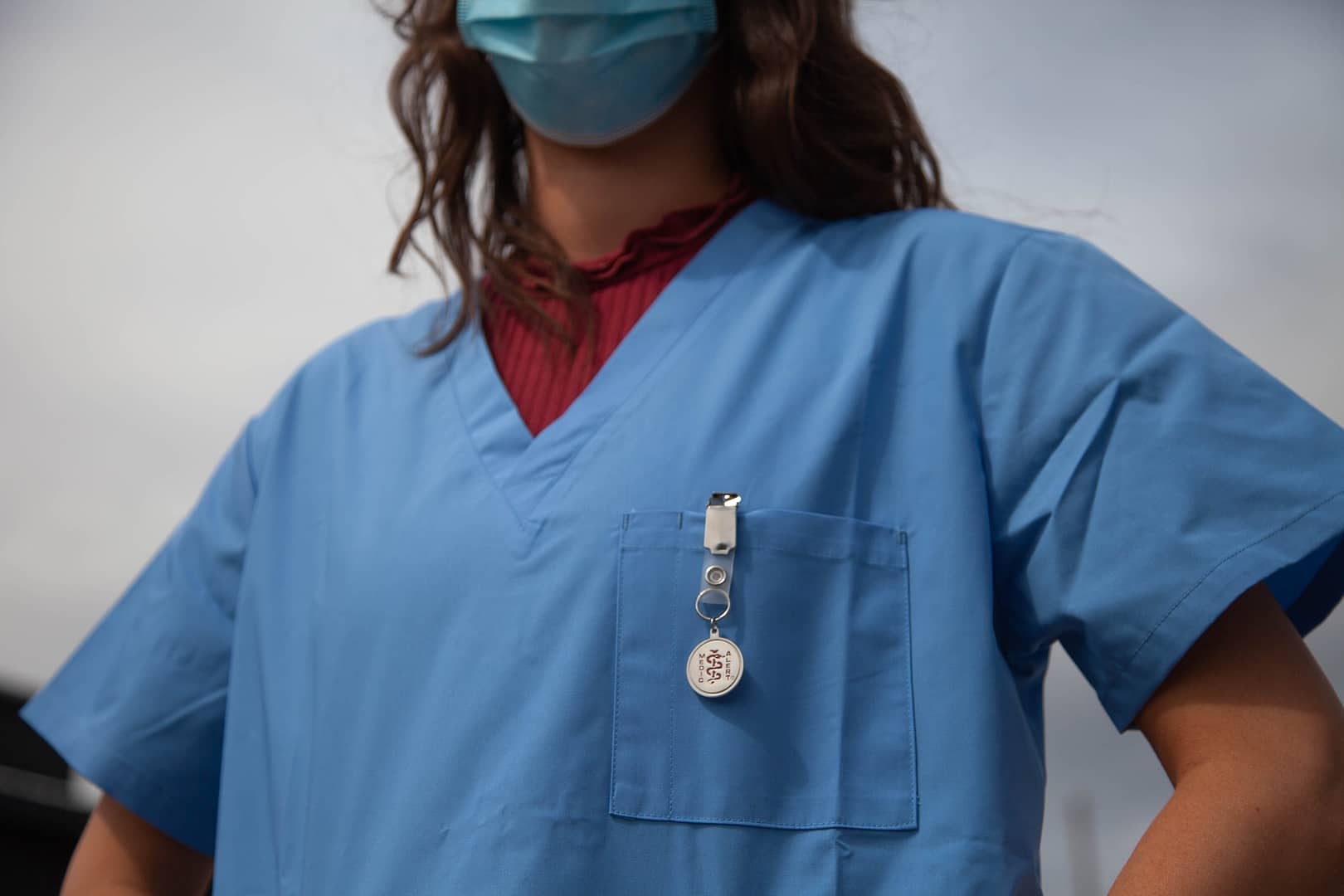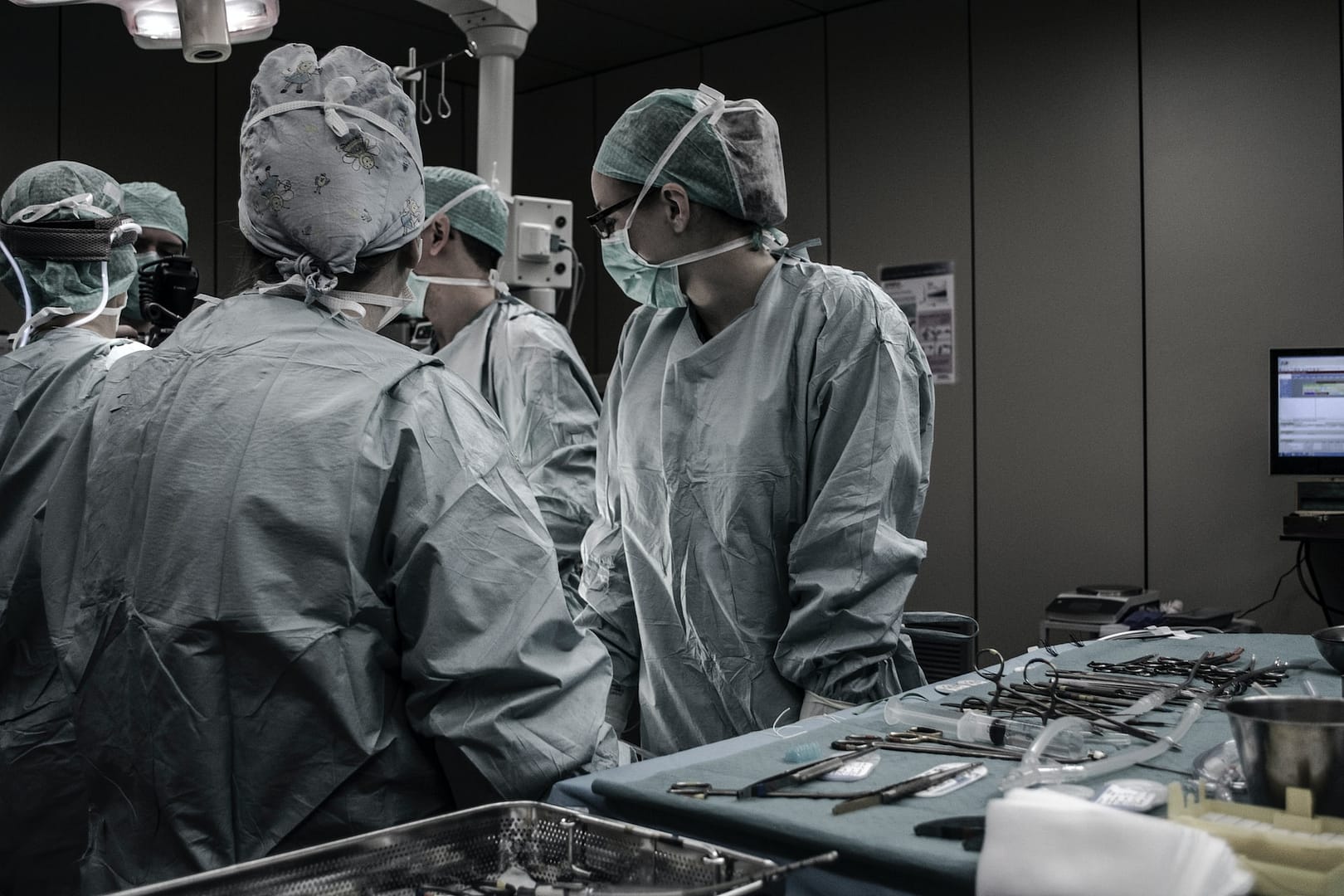In the bustling world of hospitals, where healing hands work tirelessly to mend the sick and injured, the importance of safety for healthcare workers cannot be emphasised enough. Staying safe working in a hospital is not just a matter of compliance; it’s a matter of protecting those who dedicate their lives to caring for others. Let’s dive into essential safety tips, the hazards healthcare workers might encounter, how to navigate this challenging environment, and even what to do in the unfortunate event of an accident like making an accident at work claim.
Safety Tips for Healthcare Workers
The hospital environment is a dynamic one, with multiple factors coming into play. Here’s a breakdown of safety tips that can help healthcare workers navigate their workplace more securely:
Infection Control is Key
Hospitals can be breeding grounds for infections due to the constant flow of patients with varying illnesses. Adhering to strict infection control measures is paramount. Frequent handwashing, proper use of personal protective equipment (PPE) such as masks and gloves, and following protocols for handling contaminated materials are essential practices to prevent the spread of infections.
Proper Body Mechanics
Healthcare workers often find themselves lifting and transferring patients, which can put immense strain on their bodies. Using proper body mechanics, such as bending at the knees and keeping the back straight when lifting, can help prevent musculoskeletal injuries.
Mindful Handling of Medical Equipment
From needles to surgical instruments, hospitals are filled with a range of equipment that demands careful handling. Always use appropriate precautions when using sharp objects and dispose of them safely in designated containers to prevent accidental needlestick injuries.
Stay Aware of Environmental Hazards
Hospitals can present various environmental hazards, such as exposure to chemicals, radiation, and biological agents. Understanding the potential risks and following safety protocols when working with hazardous substances is crucial to minimising harm.
Manage Stress Effectively
The hospital setting can be emotionally and mentally taxing. Healthcare workers must be mindful of their own well-being. Utilising stress management techniques like mindfulness, meditation, or seeking support from colleagues and mental health professionals can contribute to a healthier work experience.
Stay Current with Training
Regular training and refreshers on safety protocols are a must. As medical practices evolve, staying up-to-date with the latest safety guidelines ensures that healthcare workers are well-prepared to handle any situation that arises.
Hazards of Working in a Hospital
Working in a hospital is undoubtedly noble, but it also comes with its share of challenges and hazards. Let’s explore some of the risks healthcare workers might face:
Exposure to Infections
As healthcare workers interact closely with patients, they are at a higher risk of contracting infectious diseases. From common colds to more serious conditions like tuberculosis, the potential for exposure is a constant concern.
Physical Strain
Lifting and moving patients, often with limited assistance, can lead to musculoskeletal injuries. Back pain, strains, and sprains are common issues faced by healthcare workers due to the physically demanding nature of their jobs.
Needlestick Injuries
Accidental needlestick injuries can expose healthcare workers to bloodborne pathogens, such as HIV and hepatitis B and C. These injuries often occur when handling needles, syringes, or other sharp objects without proper precautions.
Chemical Exposure
Hospitals use a variety of chemicals for cleaning, sterilisation, and medical procedures. Without proper handling and protection, healthcare workers can be exposed to hazardous chemicals that may cause skin irritation, respiratory issues, or other health problems.
Mental and Emotional Stress
Dealing with life and death situations on a daily basis can take a toll on the mental and emotional well-being of healthcare workers. Witnessing suffering and loss can lead to stress, anxiety, and even burnout.
Radiation Exposure
Healthcare workers in certain specialties, such as radiology and nuclear medicine, may be exposed to ionising radiation. Without proper shielding and safety measures, prolonged exposure can lead to health risks, including an increased risk of cancer.
Navigating the Challenges
While the hazards in a hospital environment are undeniable, proactive measures can significantly reduce the risks. By prioritising safety and well-being, healthcare workers can better navigate the challenges of their profession:
Educate Yourself
Understanding the specific hazards associated with your role is the first step in protecting yourself. Stay informed about potential risks and the best practices for mitigating them.
Use Personal Protective Equipment (PPE)
Wearing the appropriate PPE, such as masks, gloves, gowns, and goggles, can shield you from various hazards. Don’t cut corners when it comes to protecting yourself.
Practice Good Hand Hygiene
Frequent handwashing is a simple yet powerful way to prevent the spread of infections. Scrub your hands thoroughly with soap and water for at least 20 seconds, especially after patient contact and handling potentially contaminated items.
Seek Support
The emotional toll of working in a hospital can’t be underestimated. Don’t hesitate to seek support from colleagues, supervisors, or mental health professionals if you’re feeling overwhelmed.
Prioritise Self-Care
Taking care of your physical and mental well-being is not selfish—it’s essential. Engage in activities you enjoy outside of work, maintain a healthy work-life balance, and get adequate rest.
Report Unsafe Conditions
If you notice hazardous conditions or practices, don’t hesitate to report them to your supervisor or the appropriate department. Your vigilance can contribute to a safer environment for everyone.
Making an Accident at Work Claim
Despite best efforts, accidents can still happen in the hospital environment. If you find yourself injured due to a workplace incident, you have the right to make an accident at work claim. This process involves seeking compensation for medical expenses, lost wages, and other damages resulting from the injury. To initiate the claim, notify your supervisor and gather all relevant information, including medical records and witness statements. Consulting with National Claims, where we are experienced in workplace injury claims will help you navigate the claims process and ensure you receive the compensation you deserve.

Conclusion
In the ever-evolving world of healthcare, the safety of healthcare workers remains a top priority. Staying safe while working in a hospital requires vigilance, knowledge, and a dedication to personal well-being. By following the safety tips outlined in this guide, healthcare professionals can mitigate risks, protect themselves from potential hazards, and continue to provide exceptional care to their patients. Remember, your safety matters, and prioritizing it not only safeguards your own health but also contributes to a safer and more secure hospital environment for all.
Contact us to start your claim today and be put in touch with one of our friendly claims specialists.
Click below to see why we are one of the most trusted claims management companies in the UK.

We’re proud of our excellent customer reviews
We thrive on delivering exceptional service and ensuring our clients’ satisfaction. Don’t just take our word for it. Check out some of our independent reviews to see what our clients have to say.
Excellent

This firm is excellent, they sorted out my car pay out and injury claim very fast, they always communicate with you all the time.

My accident case was dealt with confidence and with great result of the outcome, especially James kept me informed all the time.

I was very impressed at the way my inquiry was treated. I was listened to attentively and everything I needed to know was explained to me.






